Neighborhoods
Spor10: Putting people & health first in neighbourhood development
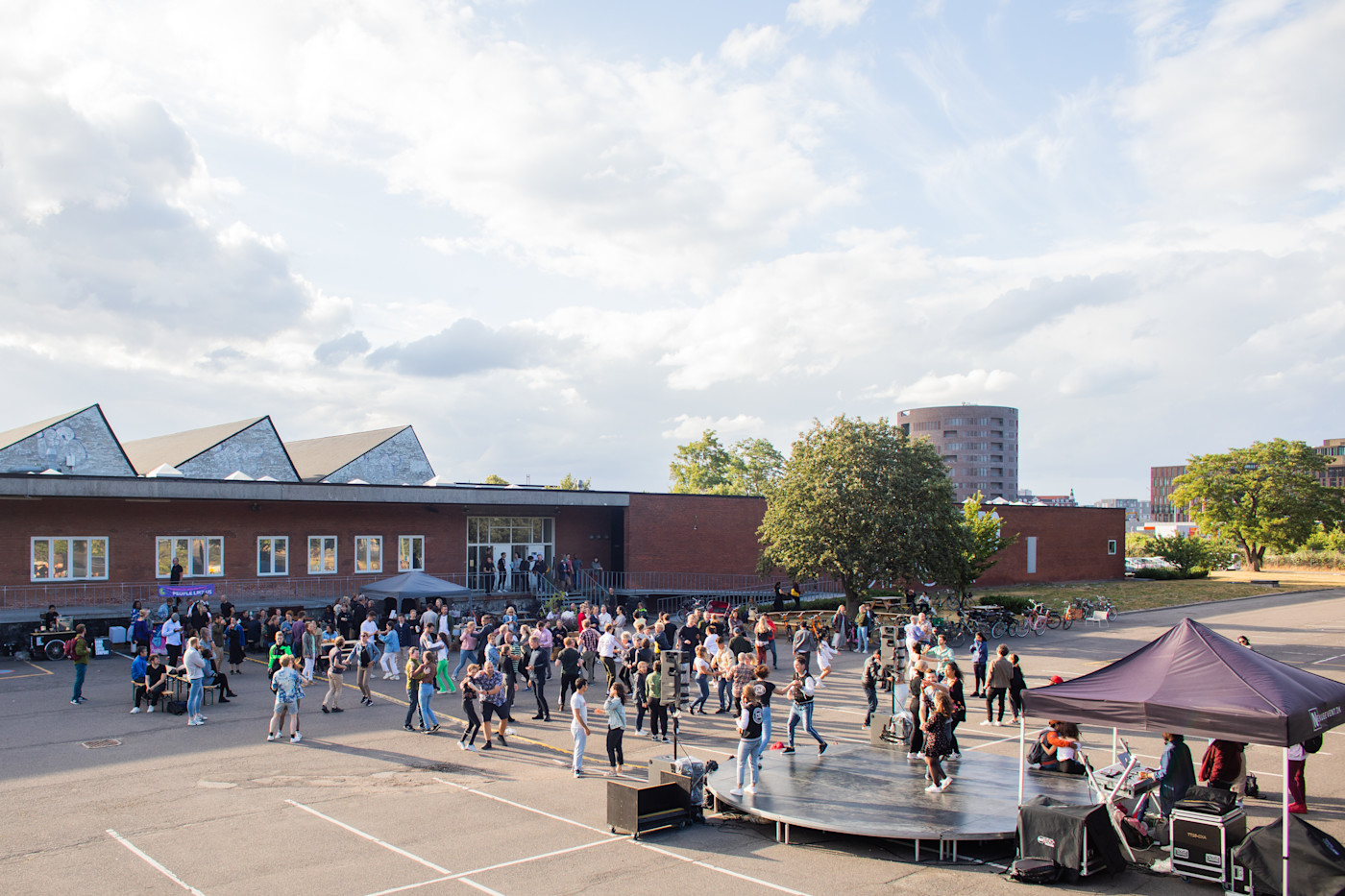
At the heart of Jernbanebyen (The Railway District), the largest undeveloped area in central Copenhagen, lies Spor10, a hub focused on healthy living that’s already fostering a community ahead of the full development. Once home to the city’s freight rail and still an area with active train workshops, the area is now transforming into a vibrant, green, and thriving neighborhood.
Featured
Thought Leadership piece
Thought Leadership piece
Over the next decade, the plan is for The Railway District to become a mixed-use neighborhood with over 8,000 residents of different backgrounds and 4,000 workplaces, ranging from large offices to small businesses and workshops. Anchored in a progressive master plan developed by Cobe, the area will be stitched together with acres of new parks, streets that prioritize people rather than cars, and extensive social infrastructure. The project is being stewarded by the two long-time landowners, DSB, the Danish state rail company, and Freja Ejendomme, the Danish state real state company, with Nrep, Urban Partners’ real estate investment & development arm, who manage a consortium of investors that include Novo Holdings and Industriens Pension.
The municipality of Copenhagen and local councils have been closely involved from the beginning of the neighborhood development project and the process is now underway for the local plan, with construction expected to begin in 2025. The project has high ambitions for decarbonization and demonstrating a holistic approach to neighborhood planning that can make healthy lifestyles easier, and it has attracted significant international attention as a flagship pilot in C40 Cities’ Green and Thriving Neighbourhoods programme.
One of the most innovative parts of The Railway District project is how social infrastructure is being prioritized from the earliest stages, embodied by Banegaarden on the north side and the Spor10 community hub on the south side.
Bringing people together
Spor10 has already been bringing people together for over a year at the one large historic building on the site’s south side, as the home for dozens of associations serving diverse ages and populations. These groups focus on social, physical and mental health through activities like communal dining, intergenerational cycling, gymnastics, boxing, maker workshops, scooting, roller dancing, ice bath, saunagus and breath work, and their presence is laying the foundations of the future community in The Railway District. Alongside these associations, there are regular special events that bring people together around a wide range of topics – from working with dementia in cities to circular building technologies to Magic playing cards to cargo bike racing to the future of urban food systems to national gatherings of groups working on affordable housing. In addition, the space hosts a model on the overall development of Jernbanebyen, has been the home for local universities, such as ITU conducting research, is a starting point for many tours of the area, and is an anchor for the municipality’s engagement with the public. The city has dedicated special resources to reach groups typically left out of public engagement processes, including school children, elderly and others, and has used Spor10 for workshops and exhibitions.
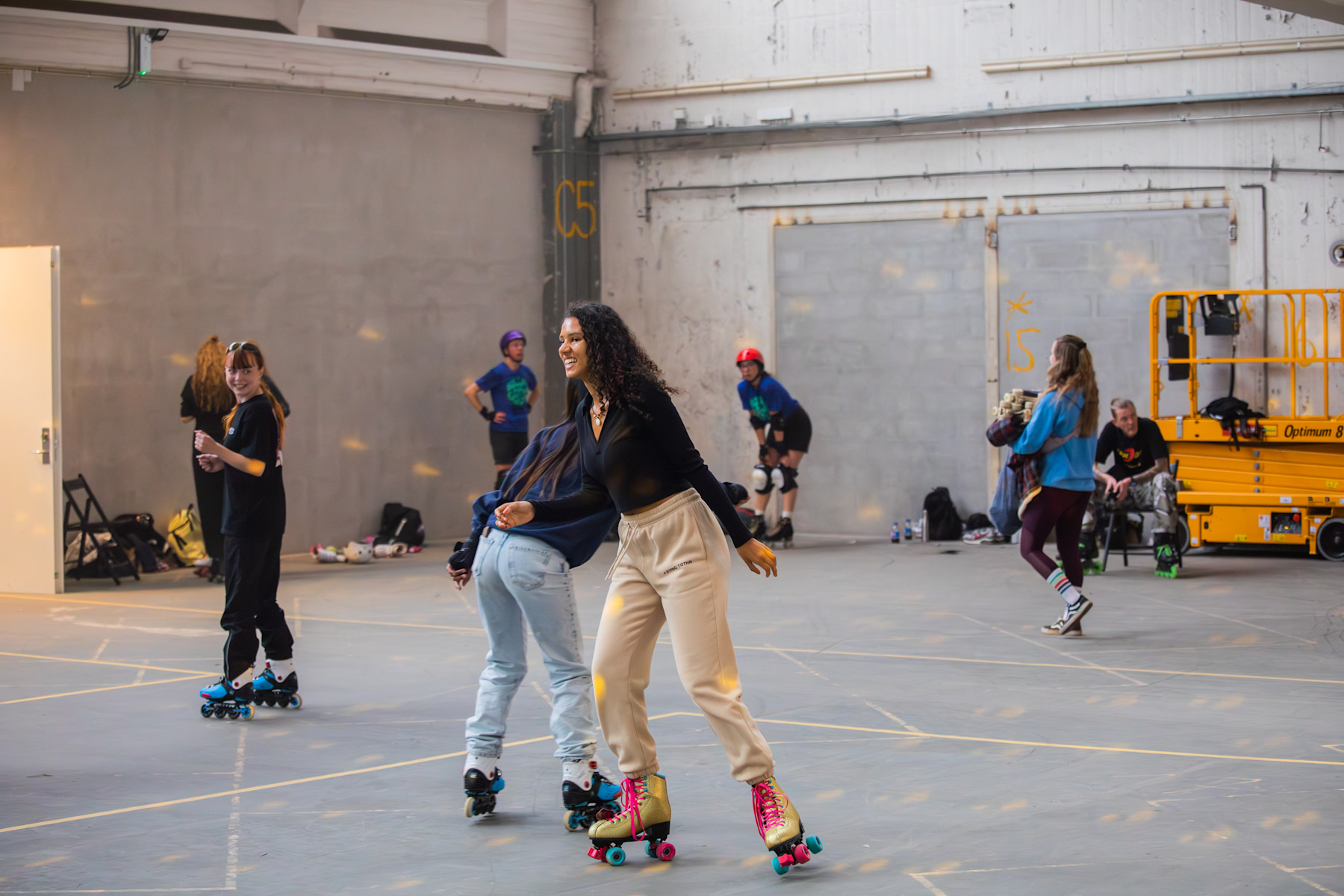
Mills has been an anchor association at Spor10, supporting youth of diverse backgrounds in skating and roller discos for the wider community of Jernbanebyen. Photo by Evald Munksgaard Hansen, courtesy of Novo Nordisk
From the earliest master plans for the Jernbanebyen's development, the core halls and iconic rooftop of the Toldkammerbygingen (The Customs Building) from 1964 were intended to be preserved and transformed into the heart of the new neighborhood.
As is typical for most large-scale development projects, the initial plan was to activate the space after building the first offices and housing. Two years ago, though, Urban Partners teamed up with Gehl and many other partners to devise and implement an alternative approach that started to establish the long-term community hub already in the zoning process, making social infrastructure the catalyst and core of the new neighborhood development. Concretely, this alternative approach meant working with the existing building that will be transformed and sit at the heart of the new neighborhood.
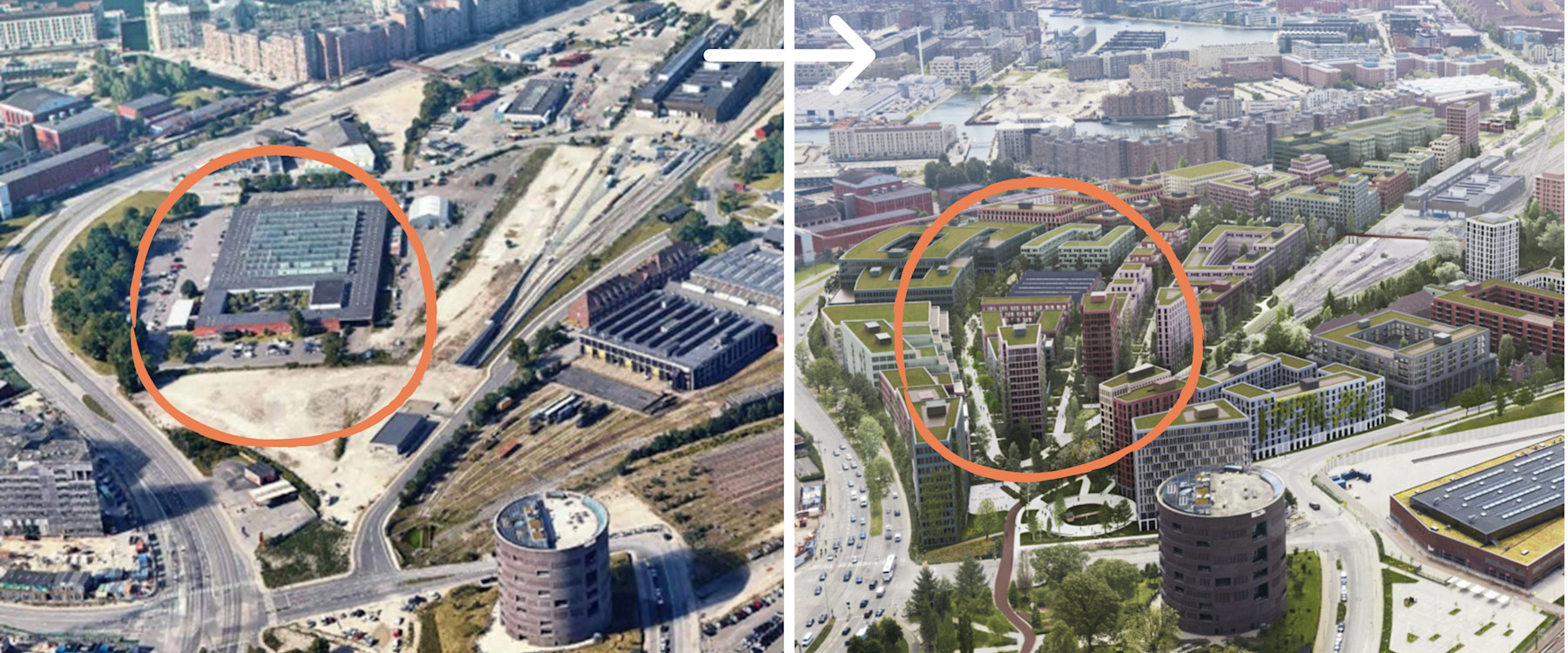
On the left is Spor10 in the current context and on the right is Spor10 after full development of Jernbanebyen. Graphics courtesy of Nrep.
Looking back, we have identified a few key learnings to share with the wider ecosystem of urban leaders seeking to create vibrant, inclusive neighborhoods:
Working across two time scales
Neighborhood development inherently takes a long time. This long-term nature requires a different way of working that always is moving at two paces at once – the immediacy of the now and a clear picture of years into the future.
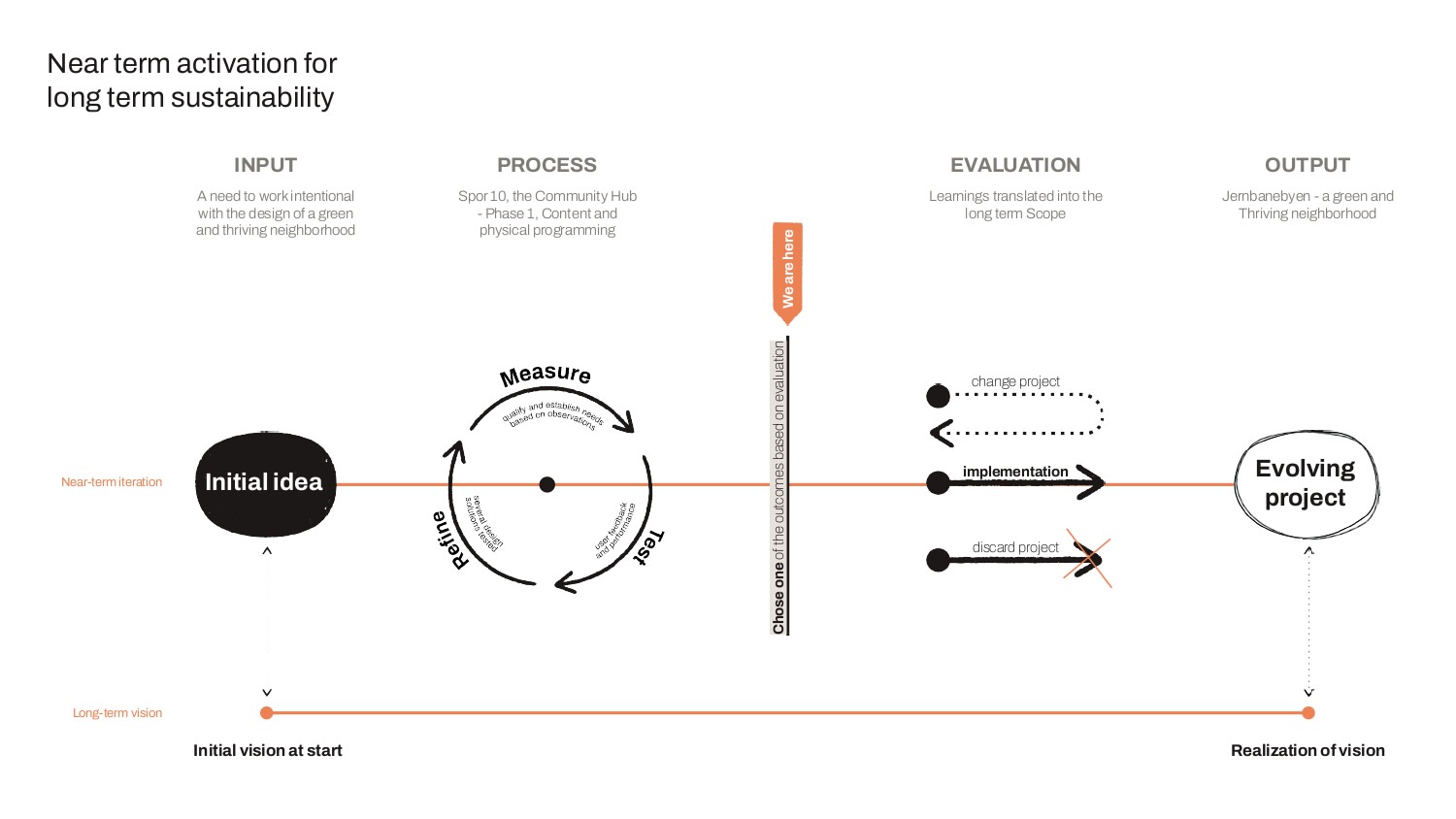
Working across long-term and near-term timescales enabled Spor10 to combine event planning into a larger framework and find organisations and associations that would be integral to the long-term development of this civic hub. Diagram by Gehl.
Spor10 exemplifies an approach that integrates a long-term vision for the whole area (i.e. an innovative example of healthy urban development) with the long-term plan for a specific site (i.e. transformed rail customs house into community hub). It then uses the near-term to experiment with how best to achieve these long-term goals while building meaningful community from the beginning.
“While it’s not new to activate historic buildings early in the development process, Spor10 is unique in having the near-term structurally linked to the long-term use, ensuring that the culture and community that is started at the beginning carries through over time.”
Working on these time two time scales at once is not easy. It has required everyone acknowledging the space and its uses today is part of an experimental process. All agreements at the outset were only for one year with the intent to integrate actors and insights into the long-term space that will exist in the transformed building. For safety reasons, the building cannot be occupied while it is transformed, so this experimental approach requires also maintaining community and continuing to build insights for the long-term on a different site in the coming years – an exciting, but real challenge that comes with taking this innovative approach to working on two time scales at once.
Building communities through diverse partnerships
Building a vibrant, inclusive community requires working with actors of all types and Spor10 embraced this philosophy from the beginning. The foundation of this approach to community-building are associations and a wide range of other community actors, which are all committed to the vision of a healthy neighborhood and need space to conduct their work.
These include a range of groups, from well-established entities like DGI, Cycling without Age and noon; well-recognised associations which did not have the necessary space, such as Mills and Maker; and other groups like Stjernehuset and PlugIn that were just getting started, for which Spor10 could be a catalyst.
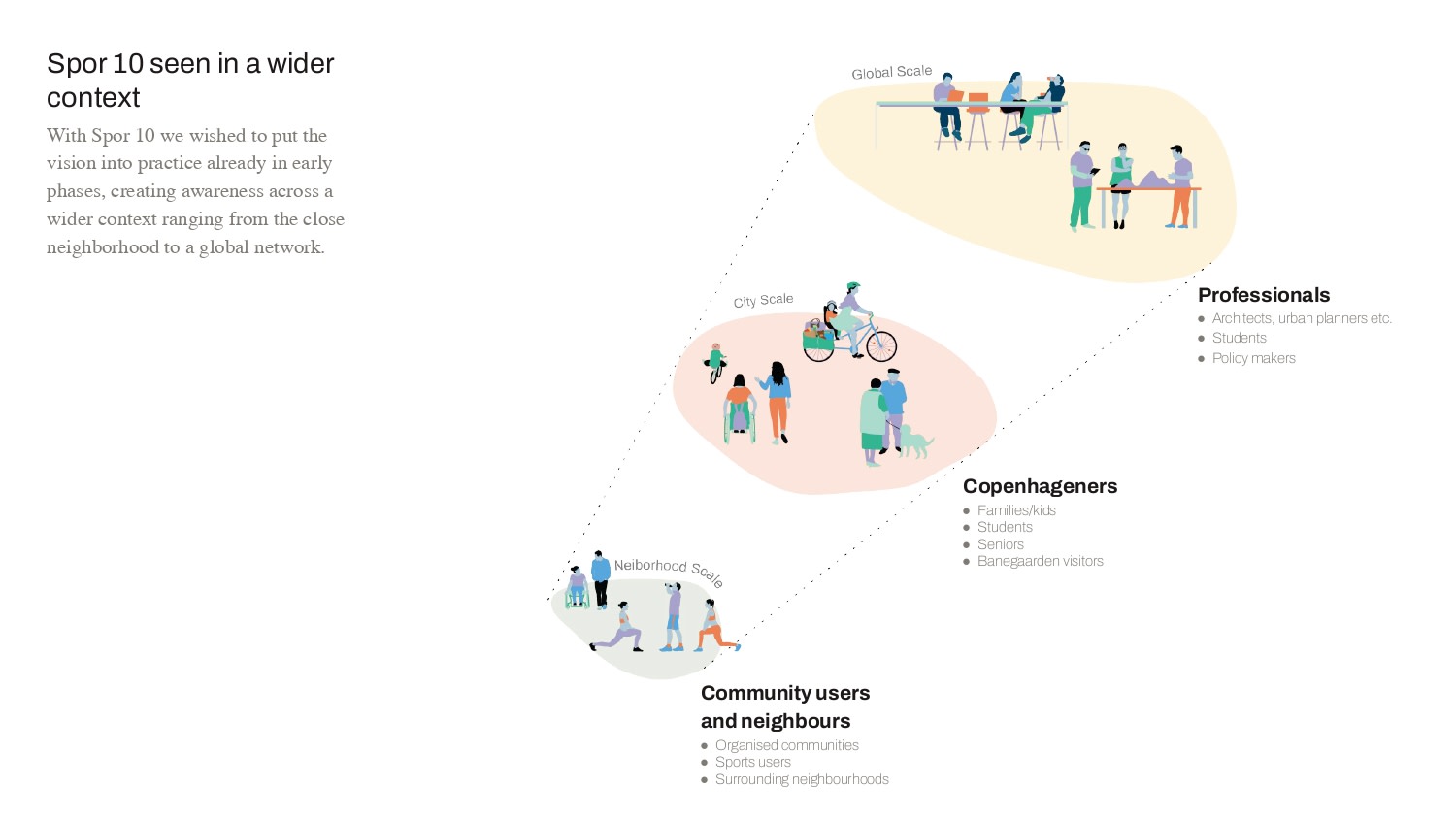
Spor10 seen in a wider context. Diagram by Gehl.
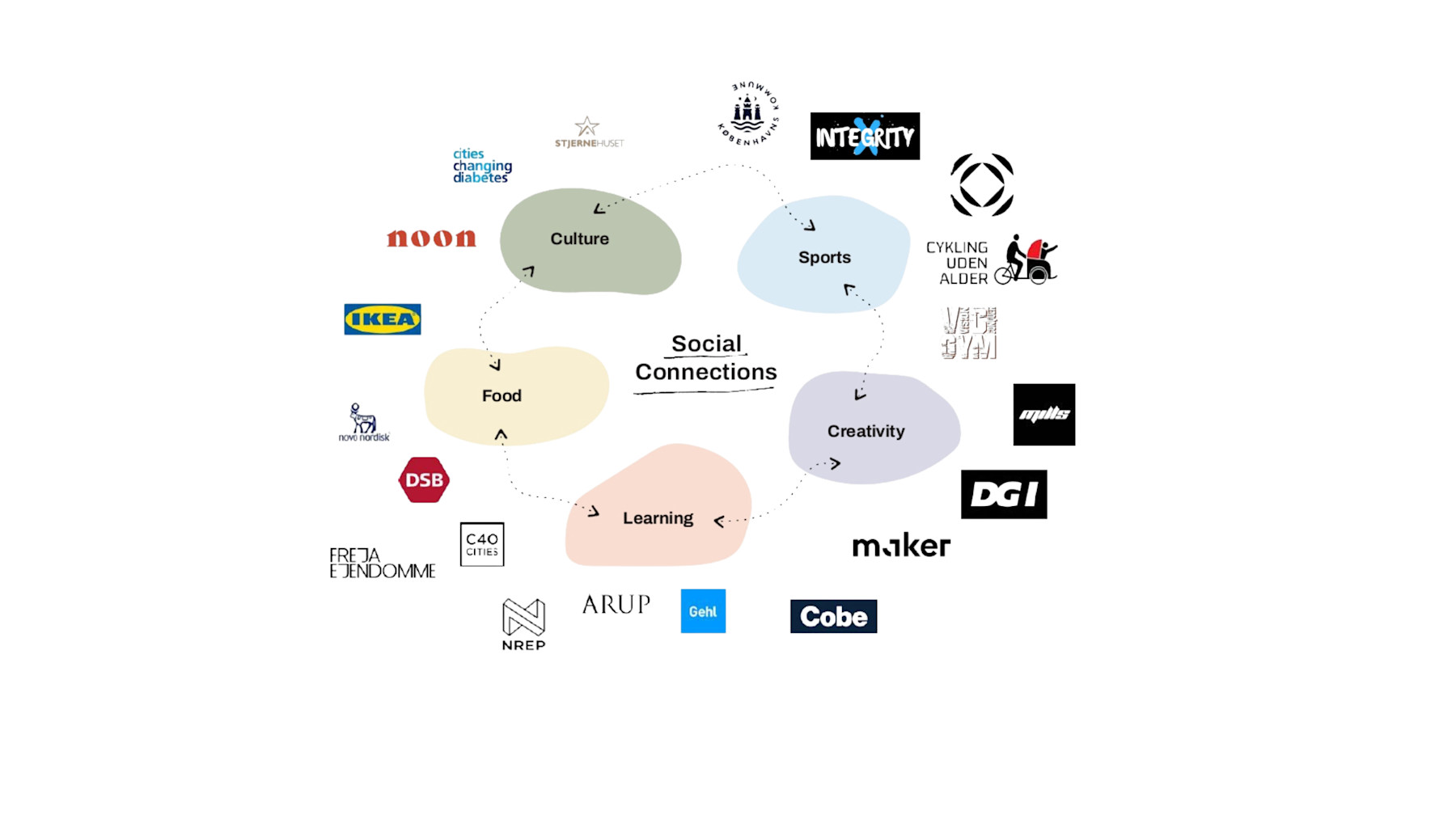
Network of partners from launch in 2023. Diagram by Gehl.
The municipality has been another key partner, even though the city does not own the site and it is not planned for it to be a municipal property. Municipal leadership was engaged early because the Spor10 vision aligns very closely with the city’s priorities of expanding access for its residents to healthy recreational, cultural and social activities. As a genuine partner, the municipality was creative and constructive in permitting and also has provided funding to associations in the building.
The landowners have also been key partners, with investments from the Baneby Konsortiet and Freja Ejendomme to help support the early activation. The Spor10 partnership also extends to global companies like Novo Nordisk and IKEA and NGOs such as C40 Cities that share a commitment to the agenda of green and thriving neighborhoods.
This multi-stakeholder partnership work takes a lot of time, but is fundamental to making Spor10 the special place with the unique energy and mix of people it has. Bridging the two-time scales from above, all of these partnerships now are feeding into the design of a new, standalone social enterprise that can take Spor10 forward, including exploring governance models that give the associations that have been involved from the beginning a clear long-term stake and role.
Multidisciplinary collaboration at the core
The complex nature of Spor10 requires integrating more diverse skills and disciplines in the development process. Rather than just having staff focused on finance, construction and planning, the Spor10 team has included specialists with long-standing experience in growing networks of associations and communities in new areas. In addition, Gehl’s strategic design capabilities were an essential addition, both bringing cutting-edge research in their collaboration with The Department of Build Environment at the University of Aalborg and the ability to help stitch together all layers of the project. Gehl also was able to bring in Archival Studies, a local design & fabrication group specialized in working creatively with existing buildings. Argency has also been integral, bringing their unique expertise in transforming historic structures into social infrastructure from places like Absalon and Banegaarden. This combination of skills has ensured that the project is linked to the long-term placemaking strategy and drives actual value creation, while bringing the full range of expertise necessary for real community-building to take place.
In summary, since its opening in 2023, Spor10 has become a test bed for using innovative social infrastructure as an anchor for inclusive community-building and promoting healthy lifestyles. It is also evidence that placemaking, when anchored in a truly long-term, collaborative approach can deliver impact and value -- as of 2024, the area has transformed into a popular gathering spot, attracting over 25,000 visitors, bringing together over 50 community groups and inspiring dialogues with potential future tenants in the future development who are drawn to the culture & vibrancy of the space.
People putting Spor10 into practice
With this background, we’re excited to share profiles of the actors who have been integral to putting the Spor10 into practice. This is only a small selection of the many people who have made this happen, but represent the breadth of actors that all have been selected to join this effort based on their commitment to social, physical, and mental health.
People
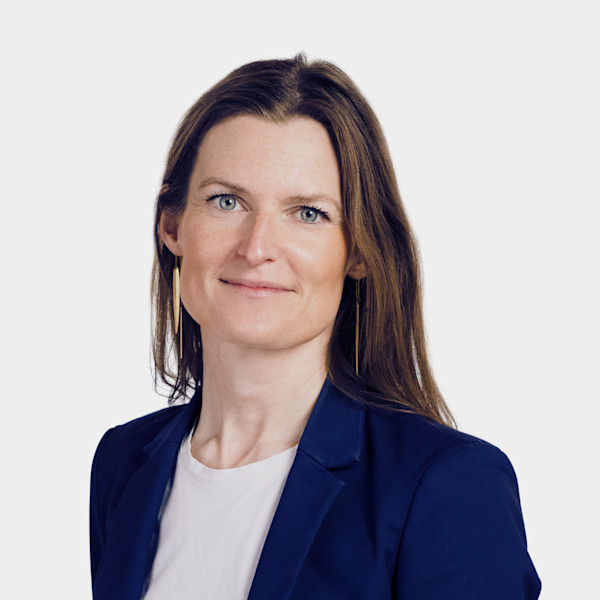
Anne Rask Vendelbjerg, Nrep
Anne has been working in community development in Copenhagen for almost 20 years, focusing on how to support diversity and foster urban life in new neighborhoods. She has spearheaded community-building at Spor10 from the beginning, working closely with all associations and the municipality.
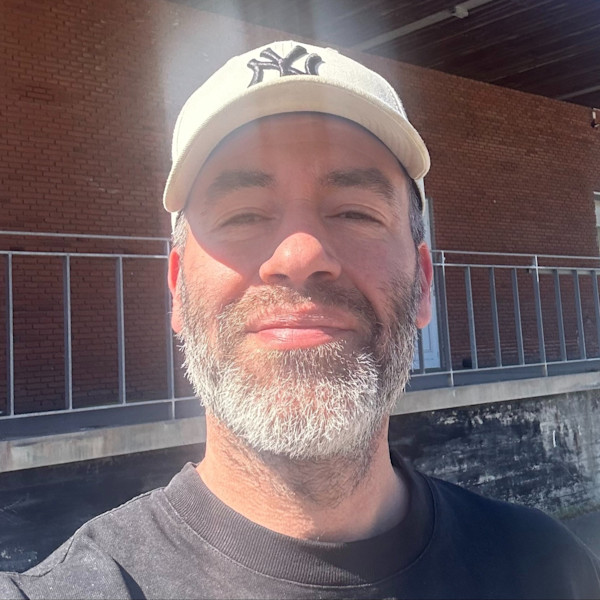
Daniel Mlka, Spor10
Daniel grew up in Nordvest, a historically socially-challenged area in Copenhagen, and from an early age was very active in football and even joined the youth national team. He began to do social work with youth in Nordvest and spent years in the City of Copenhagen supporting youth through social and physical activities. He first met Anne while working together in Tingbjerg and since became the day-to-day community manager at Spor10, helping to find great associations aligned with the vision and in need of space and then tirelessly supporting their work every day in the building.
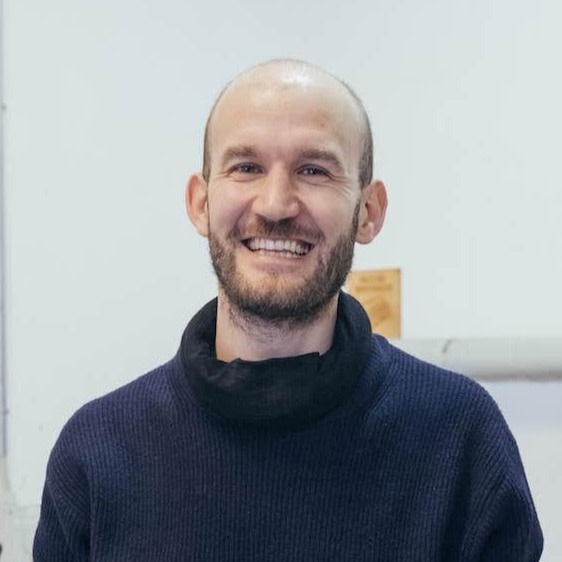
Malte Hertz Jensen, Maker
Malte has been working with sustainability and social innovation throughout his life and for the 4+ years leading Maker, a member-based non-profit association founded as a platform for the maker movement in Denmark and the Nordics. Maker was the first actor to move into Spor10, setting up a circular knowledge hub and collaborative workshop driving sustainable solutions in the space.
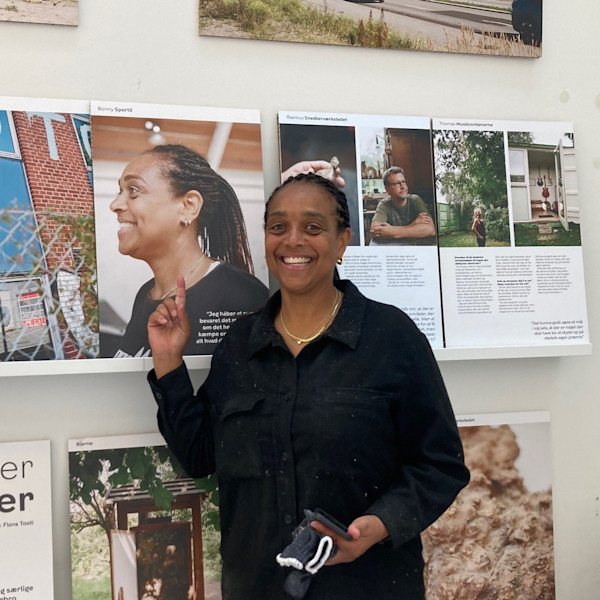
Bonny Madsen, Mills
Bonny Madsen grew up in Denmark with parents from Denmark and Nigeria and at age 18 joined the national football team. After retiring from football, Bonny devoted her life to working with youth in sports and especially focused on the growing street sports of skating, scooter and rollerblading, establishing Mills in X. Her work garnered her the DGI sports person (årets foreningsildsjæl) of the year in 2023 and Mills the copenhagen sports association of the year in 2023, including recognition for how Bonny, her kids and their parents moved into Spor10 and themselves built by hand a skate park.
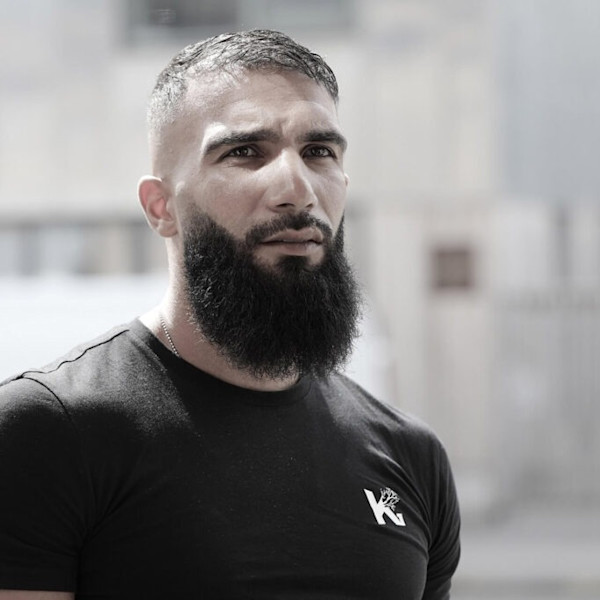
Ali Najei, Stjernehuset
Ali grew up in Norrebro and led a challenging early life, ending up in jail for gang activity. He then saw he wanted to lead a different life and work with youth to help support them find their strength and well-being through mental and physical health. Spor10 has provided Ali a home for the first time for his association Stejernehuset.
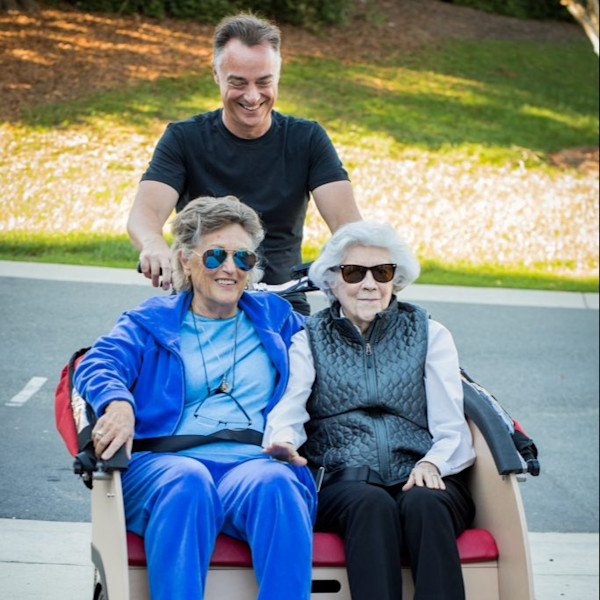
Ole Kassow, Cycling without Age
Ole Kassow first got the idea for Cycling Without Age, an NGO aiming to support connecting older adults with younger people via planned rides in trishaws, when he saw the joy that comes from being able to still explore the world even when you reach an age when it’s hard to ride a bike yourself. Now over 12 years old, Cycling Without Age is active in 52 countries and is run out of Spor10, as it exemplifies the space’s intergenerational approach to holistic health.
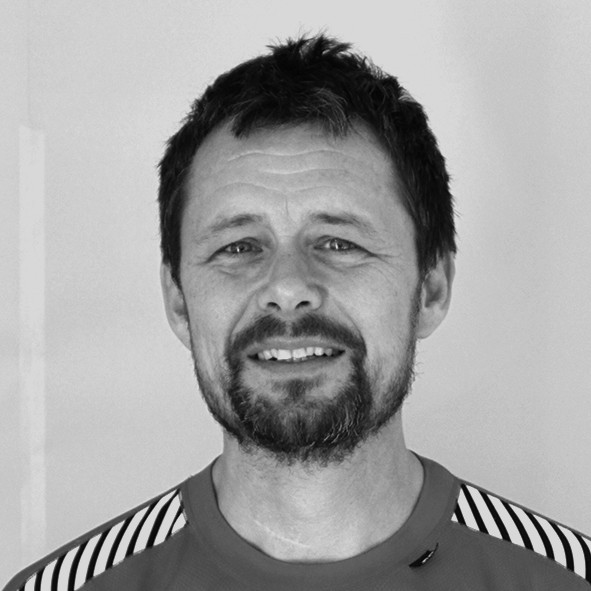
Frank Bøgelund Jensen, DGI
DGI is one of Denmark’s largest advocacy groups for sports associations, supporting groups across the country. Frank is especially focused on ensuring ample association life in new neighbourhoods and has been working in Spor10 since the beginning, including establishing the gymnastics space for kids, activities for the elderly, and the Jernbanebyen IF association.

Kultur og Fritids Forvaltingen (KFF) Department
The Culture and Leisure Time department of Copenhagaen municipality has been a supporter of Spor10 from the beginning, working with the associations coming into the building and also helping them cover costs for accessing the space.
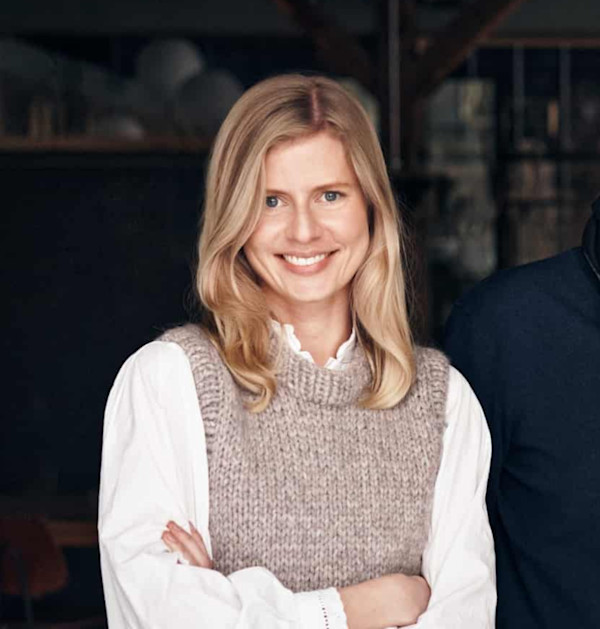
Ida Marie Banke, noon
Access to healthy food and fostering social connections over shared meals has been a core part of Spor10. Ida Marie is a Founder of noon, the healthy food kitchen based on other side of Jernbanebyen at Banegaarden.
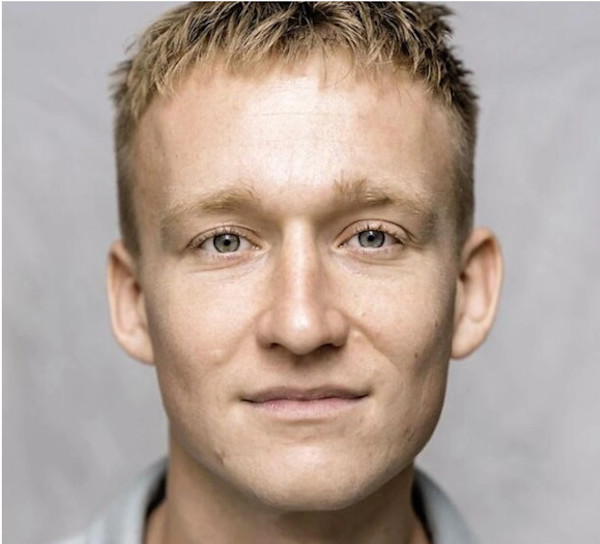
Hjalte Wieth, PlugIn
Hjalte Wieth, Co-founder of Plugin Heat Club, is on a mission to revolutionize mental, physical, and spiritual recovery through immersive saunagus and cold plunge experiences. At 29, he has overcome stress, addiction, and bipolar 2 disorder, inspiring thousands to prioritize their health. Alongside his wife and co-founder Julie Wieth, Hjalte balances family life with entrepreneurship. Plugin Heat Club helps over 10,000 people monthly and is scaling. Hjalte is also a co-founder of SOUNDBOKS, Denmark’s fastest-growing hardware startup.
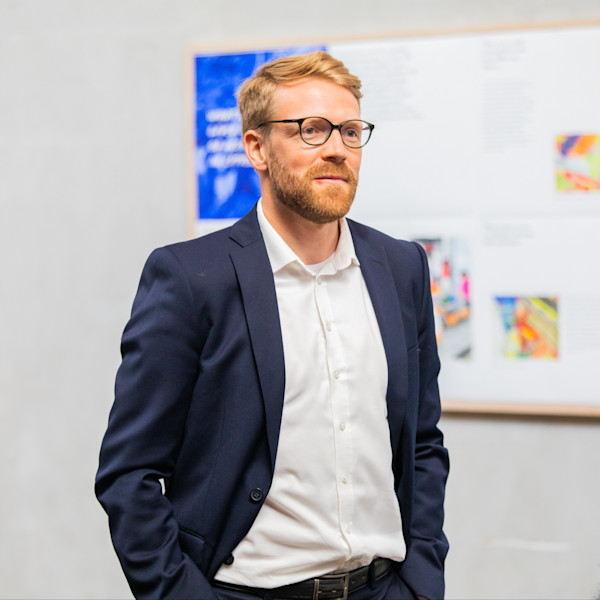
Thomas Rahbek, Cities for Better Health, Novo Nordisk
Thomas has been working in health promotion for a decade, most recently leading strategic initiatives for Cities for Better Health, an arm of Novo Nordisk supporting healthy living through a better built environment. Thomas was a champion of Spor10 from the beginning, helping drive the idea of creating new waysWa for neighborhood development anchored in preventive health through food, physical activity and social connection.
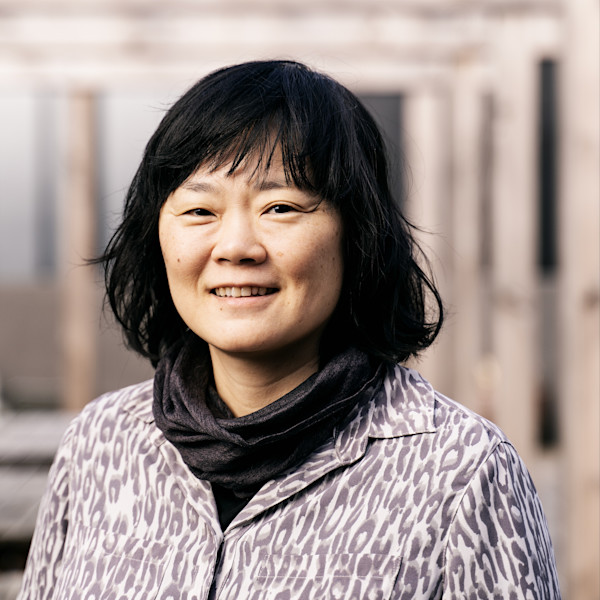
Lena Lee, Urban Partners
Lena has been advancing innovation and impact in food systems for over 20 years, first at Noma in their pastry department, then Meyers and now Urban Partners where she focuses on the link between health, food and the built environment. At Spor10, she has spearheaded the food program, including R&D tied to food data and new research initiatives around health promotion for nearby social housing residents.
